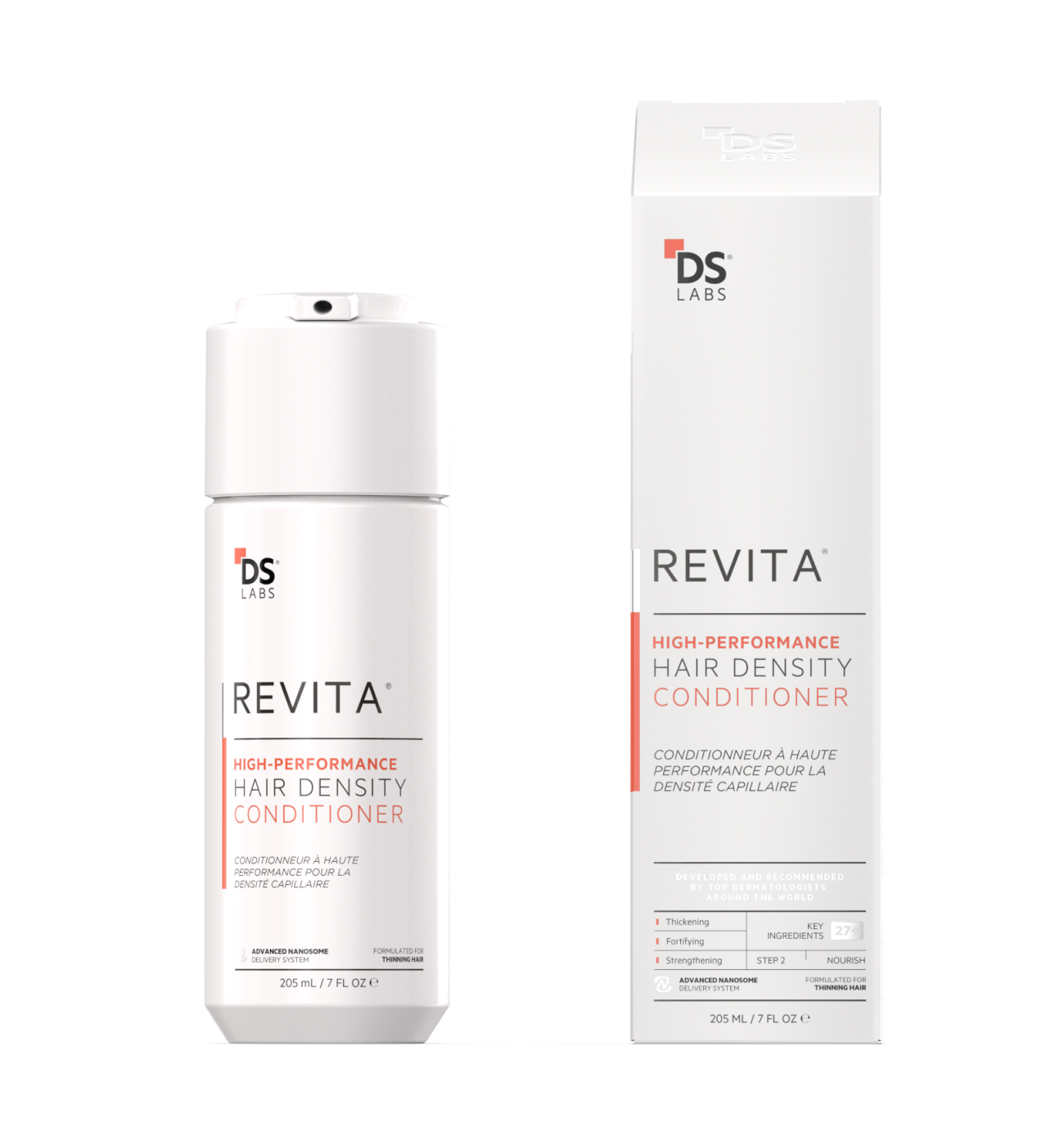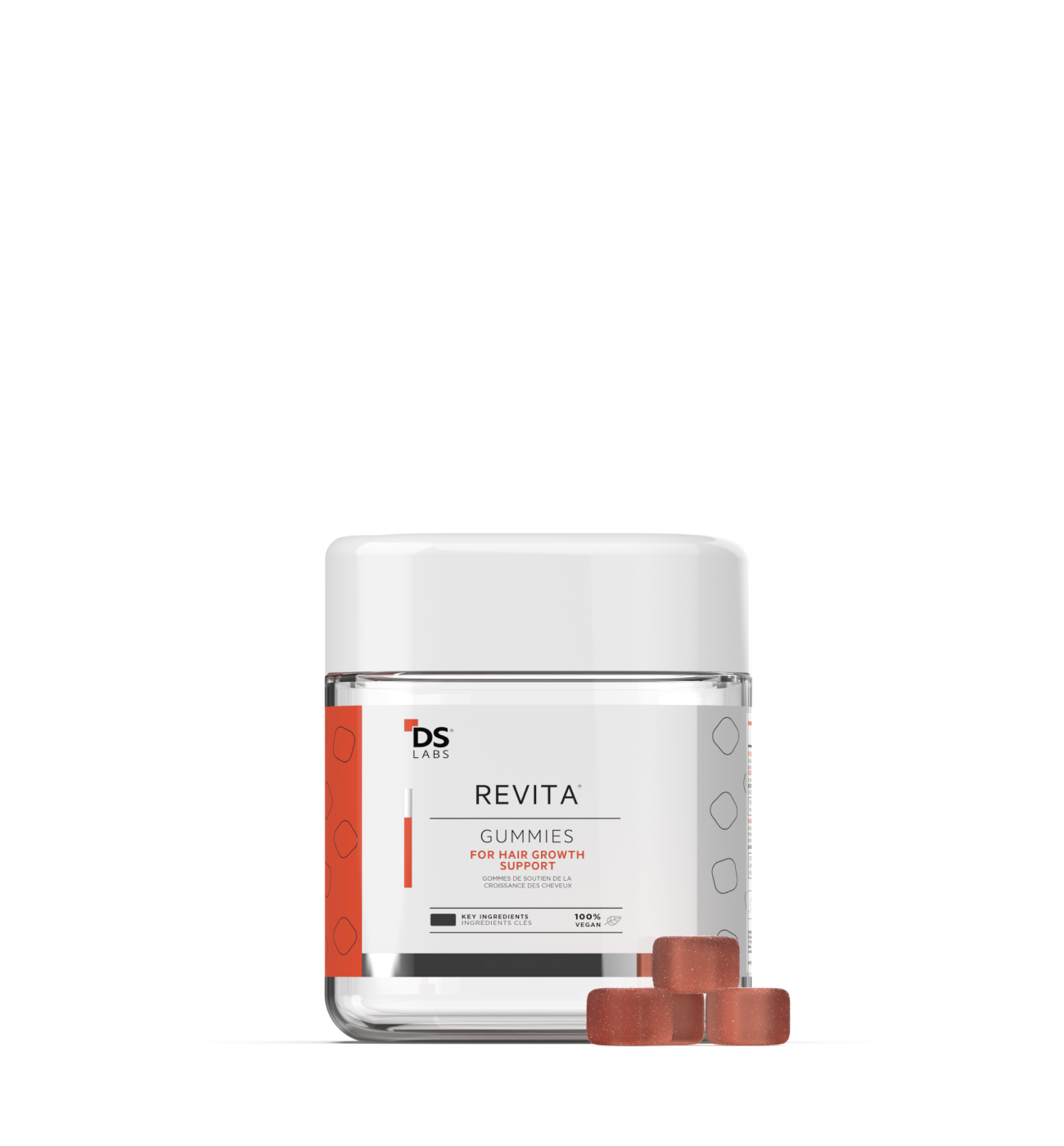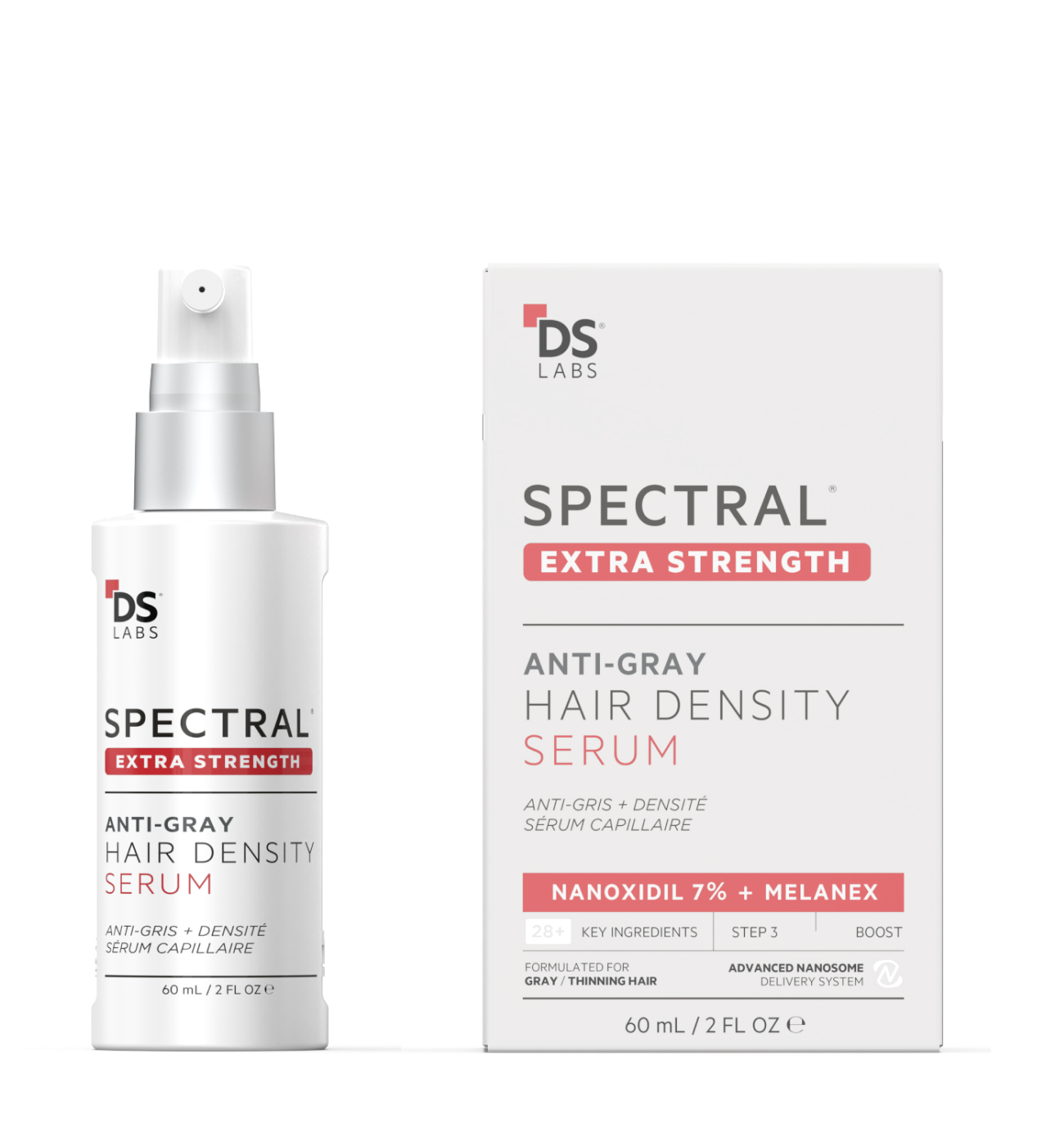High cholesterol levels are extremely dangerous. In addition to blocking arteries, they are also associated with heart attacks and strokes.
If you’ve been shedding more hair than usual, you may have wondered if your cholesterol level has anything to do with it. The quick answer is yes, cholesterol can cause you to lose hair.
Let’s take a closer look at what cholesterol is and the relevant factors that can lead to hair loss.
What Is Cholesterol?
Cholesterol is a fatty, wax-like substance found in every cell of your body. It’s used to make hormones, vitamin D, and other substances required for digestion. It also helps your metabolism work efficiently.
There are two types of cholesterol:
- HDL (high-density lipoproteins) or good cholesterol takes care of essential bodily functions. It removes other forms of cholesterol from your bloodstream for better overall health.
- LDL (low-density lipoproteins) or bad cholesterol transports fat molecules through your body. An excess could be problematic for your health.
As you can tell, not all cholesterol is bad. However, you will need to maintain a healthy balance of HDL and LDL since excess buildup can cause a range of serious health complications.
While LDL has often been regarded as the culprit behind health conditions, a 2016 study conducted on 323 middle-aged women found that high-density lipo-protein and IGF-1 (Insulin-like growth factor 1) was also associated with a higher risk of hair loss among participants.
Though men experience hair loss differently than women, lower HDL levels caused by testosterone can play a similar role.
What causes cholesterol build-up?
Your liver produces all the cholesterol your body needs to function at its best. The rest comes from fries, pizzas, and all the other cholesterol-laden delights you consume. In addition to cholesterol, these comfort foods are high in trans fats and can have harmful effects on your overall health in the long run.
These “junk foods” cause your liver to overproduce cholesterol. This can increase the levels of bad cholesterol in your body which could pose risks to your health.
Connection Between Cholesterol Levels and Hair Loss
When high cholesterol is left unchecked and untreated, it could make you susceptible to a range of medical conditions such as heart disease and stroke. A 1990 study also shows that it may be associated with male pattern baldness.
Atherosclerosis
When cholesterol joins forces with other substances like fats, it could manifest in a condition called atherosclerosis — a disease of the arteries characterized by plaque buildup. Atherosclerosis can make your arteries less flexible and cause an obstruction in blood flow. The troubling thing about atherosclerosis is its symptoms may not be noticeable until the condition has progressed, which can cause greater damage to one’s health.
Fortunately, the condition has one telltale sign that’s easy to notice: hair loss in the legs.
Critical Limb Ischemia
When your arteries become narrow and blood flow is limited, it could lead to a condition called critical limb ischemia (CLI) — a severe blockage in the arteries that causes a limited blood supply to the lower extremities. It causes intense pain and could lead to hair loss as a study on mice showed.
Peripheral Arterial Disease
High cholesterol levels are also associated with peripheral arterial disease (PAD), a milder form of critical limb ischemia (CLI). PAD is characterized by cramp-like pain and weakened muscles in the legs. It may also cause hair loss in the legs, feet, and toes.
Cholesterol Medications
Factor in medications used to treat high ratios of LDL and it’s possible to aggravate hair loss. This is because cholesterol plays a vital role in hair growth. Statins — which are used to lower cholesterol levels — include hair loss as a possible side effect.
Can You Minimize Hair Loss Caused by Cholesterol?
If your hair loss is caused by poor lifestyle factors like cholesterol, you may be able to reverse it. Here’s how:
- Check: Familiarize yourself with your cholesterol levels and other health conditions so you can assess your risk for hair fall. This knowledge can also help you understand how other risk factors like diabetes and high blood pressure can contribute to shedding.
- Change: Make changes to your diet and lifestyle to lower your cholesterol level. Incorporate foods like nuts, whole grains, beans, and pulses into your diet. This will significantly reduce your risk factors for various diseases and improve your quality of life.
If you have high cholesterol and are experiencing hair fall, we recommend that you seek the help of a medical professional. Physicians can provide you with a treatment plan to keep your cholesterol levels in check while ensuring the regrowth of hair and minimal hair loss.
Wrapping Up
Although it isn’t clear yet how cholesterol leads to hair loss, we do know that there’s a pretty strong relationship between the two. Certain conditions like atherosclerosis and peripheral arterial disease can manifest as hair loss. Medications for controlling cholesterol can also affect your strands.
Due to the serious complications that high cholesterol levels can lead to, it’s important to address and lower cholesterol at the soonest possible time under the guidance of a doctor.














